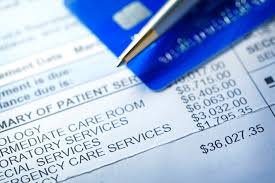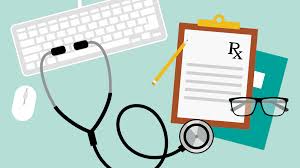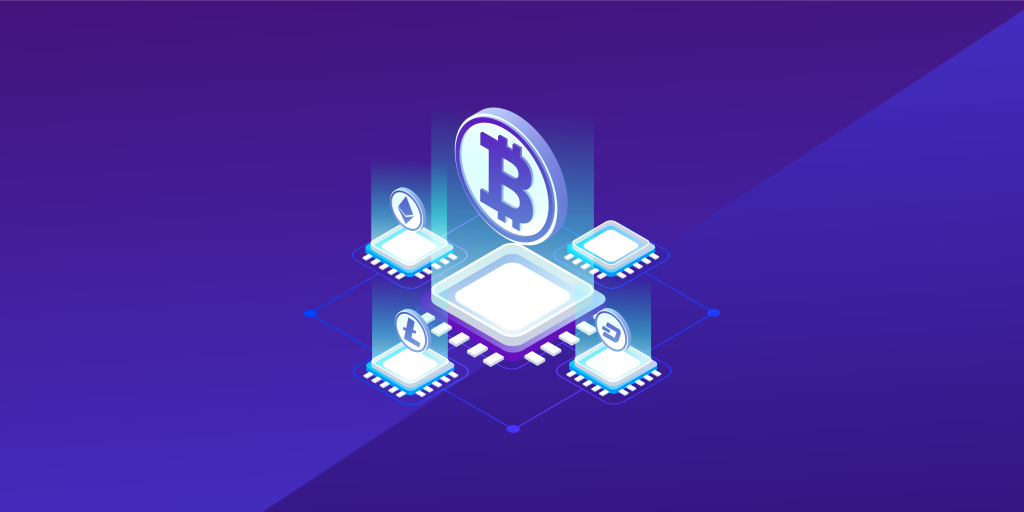5 min to read
Healthcare Innovations: Better Outcomes, Lower Expenses
As time progresses, healthcare expenses and demands in the US tend to increase. Still, the patient outcome is poor. The US has a significantly greater share of GDP (~15%) compared to other OECD countries, yet patients have a lower life expectancy. Furthermore, they lose quality years of life. The need of the hour is to reduce costs and improve the quality of service. New healthcare technologies can obtain patient insight before the health of the patient deteriorates. Digital technologies, namel
As time progresses, healthcare expenses and demands in the US tend to increase. Still, the patient outcome is poor. The US has a significantly greater share of GDP (~15%) compared to other OECD countries, yet patients have a lower life expectancy. Furthermore, they lose quality years of life.

The need of the hour is to reduce costs and improve the quality of service. New healthcare technologies can obtain patient insight before the health of the patient deteriorates. Digital technologies, namely telemedicine, big data, and blockchain are revolutionizing the way healthcare companies provide patient care. These innovations are essential for the aging and unhealthy population.
What does telemedicine do?
Telemedicine uses communication technology to deliver healthcare remotely to patients. It originated during the 1920s Australian outback. The Royal Flying Doctor Service had to face the challenging mission of providing healthcare to a diverse population. People were scattered around two-thirds of the US area. They developed the first large-scale telemedicine system with remote communication. It consisted of a network of 3000 pedal-operated generators and receivers.
The first commercial application came into existence in 1989 with MedPhone Corporation. The system operated over standard telephone lines. Its purpose was to remotely diagnose and treat patients requiring cardiac resuscitation.
Above all, in the next two decades, we have seen advancements in telecom and the internet. This paved the way for improvised telemedicine as we know it today. Hence with a combination of phone, chat and video conferencing, doctors consult patients and discuss with specialists to provide remote clinic care.
Today, telemedicine is a $25 billion market, and the contributing factors are faster internet connections, wide use of smartphones and changing insurance standards. Besides the given benefits, it has also improved outcomes at lower costs.

Applications
- With this digital medical care technology, there is no need for appointments, insurance or lengthy paperwork. A patient only needs to pay a monthly subscription fee or a nominal fee. Then he/she can directly consult a doctor. The consultations typically cost less than even 50% of an in-house consultation. Consequently with the savings and improved service opportunities, under some health plans, people even get free virtual consultations. In fact, from 2012 to 2017, telemedicine usage among US employers has escalated from 7% to 90%.
- In the US, almost half of the adults suffer from at least one chronic disease, like obesity and diabetes. Huge expenditure is involved in the treatment of these conditions. Partners Healthcare, associated with Boston Hospitals, is providing remote blood pressure monitoring tools to high BP patients, daily messaging diabetics to exercise, and providing heart-failure patients electronically monitored pillboxes, which drive better prescription compliance.
- Telemedicine enables doctors to more effectively collaborate and deliver optimal care to patients. Community hospitals and remote locations, which have lesser clinical facilities, lack specialists or sufficient resources to maintain continuous care. In those situations, the doctors in these sites are increasingly relying on telemedicine services for the intervention of deteriorating patients.
What does big data do?
A health management system driven by data analytics has a high potential in terms of impact and savings. Big data facilitates prediction, so doctors can now treat at-risk patients before they develop the full-blown disease. Patient data also helps drug developers in reducing adverse events (such as chemical poisoning and overdose) by careful selection of test population and specialized therapy by doctors on time, and by approving new medications.

Analysis of data helps find out any disease/disease-causing bacteria or virus that is prevalent in certain places, and vice versa. Patient data also assists in tracing out symptoms and the suitability of certain drugs among different patients. Various medical issues can be sorted out using data analytics.
What does blockchain do?
Blockchain is a decentralized data registry that is unique from traditional centralized databases. All participants can add information, no single participant owns it. A consensus is required to add new information. Above all, one cannot edit/modify information once entered. This feature results in tamper-proof information and fraud people cannot interfere in it. Blockchain is used widely in finance, supply chain, and the energy industry.

Applications in the healthcare industry
- The sale of counterfeit drugs is a huge concern among drug developers, resulting in loss of sale revenue and many deaths. To counteract these sales, governments are setting “track and trace” requirements for companies participating in the drug supply chain. The motive is to build an “electronic, interoperable system to identify and trace certain prescription drugs circulated within the US.” In the first Pharma Supply Blockchain Forum, major healthcare companies such as Pfizer, Amgen, and Johnson & Johnson convened to prepare for the coming shift to the blockchain. Logistics company DHL partnered with Accenture in a recent pilot that used blockchain to track pharmaceuticals from manufacturer to patient, covering six geographic locations. The CIO of DHL, Keith Turner further concluded that the high security in blockchain can prevent tampering, reduce counterfeits and save lives.
- Payments administration accounts for 14% of the total expenditure of the US healthcare industry. Some medical claims come out as fraudulent, which overall wastes a lot of revenue. Blockchain can eradicate this with two important methods, automation and transparency. Therefore it can reduce administrative costs and revenue loss. Another concern is medical fraud. Theoretically, blockchain should make it easier to mark fraudulent claims.
- Drug development costs, largely driven by clinical trials, have witnessed a big surge in the last 40 years, resulting in the current $2.5 billion R&D price tag for a new surgery. Access to patient demographic and health information, health records, and informed consent can ease the patient enrollment process (it accounts for 30-35% of clinical trial budgets). Remote trial monitoring of the patient is done on paper and then entered into the database. This is often unreliable. Two companies, Florence and Verady, are changing this since Florence has developed a fully electronic Blockchain database. Hence the data remains accurate and tamper-proof.
Final word
Therefore, these three technologies are just a small portion of the many innovations available for healthcare. There is a rigorous process to find out which technology will be suitable for which ailment. All these technologies strive to improve the medical experience and prevent counterfeits.
🚀 Try Codersera Free for 7 Days
Connect with top remote developers instantly. No commitment, no risk.
Tags
Trending Blogs
Discover our most popular articles and guides
10 Best Emulators Without VT and Graphics Card: A Complete Guide for Low-End PCs
Running Android emulators on low-end PCs—especially those without Virtualization Technology (VT) or a dedicated graphics card—can be a challenge. Many popular emulators rely on hardware acceleration and virtualization to deliver smooth performance.
Android Emulator Online Browser Free
The demand for Android emulation has soared as users and developers seek flexible ways to run Android apps and games without a physical device. Online Android emulators, accessible directly through a web browser.
Free iPhone Emulators Online: A Comprehensive Guide
Discover the best free iPhone emulators that work online without downloads. Test iOS apps and games directly in your browser.
10 Best Android Emulators for PC Without Virtualization Technology (VT)
Top Android emulators optimized for gaming performance. Run mobile games smoothly on PC with these powerful emulators.
Gemma 3 vs Qwen 3: In-Depth Comparison of Two Leading Open-Source LLMs
The rapid evolution of large language models (LLMs) has brought forth a new generation of open-source AI models that are more powerful, efficient, and versatile than ever.
ApkOnline: The Android Online Emulator
ApkOnline is a cloud-based Android emulator that allows users to run Android apps and APK files directly from their web browsers, eliminating the need for physical devices or complex software installations.
Best Free Online Android Emulators
Choosing the right Android emulator can transform your experience—whether you're a gamer, developer, or just want to run your favorite mobile apps on a bigger screen.
Gemma 3 vs Qwen 3: In-Depth Comparison of Two Leading Open-Source LLMs
The rapid evolution of large language models (LLMs) has brought forth a new generation of open-source AI models that are more powerful, efficient, and versatile than ever.